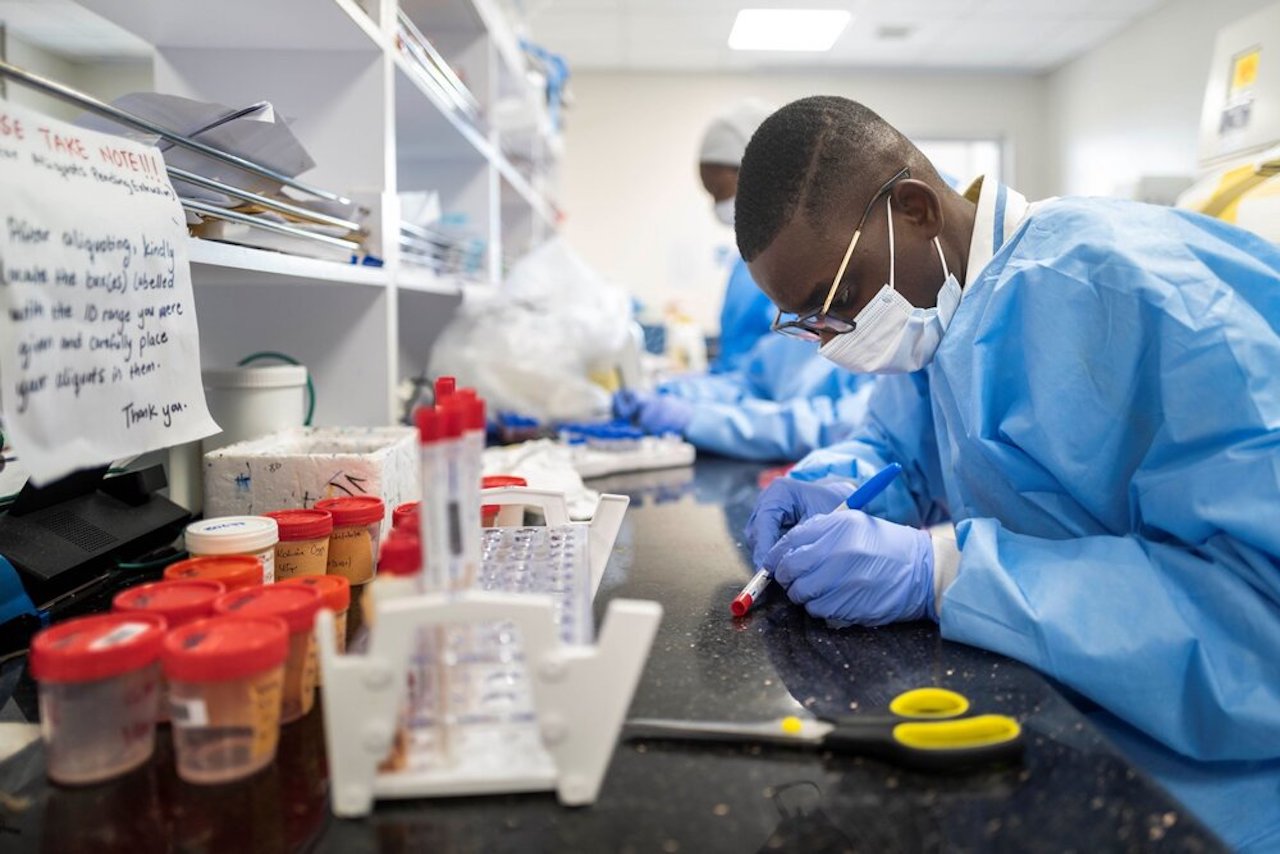Telemedicine holds immense potential to enhance health education and literacy. My own experiences are proof that, by leveraging the power of technology, telemedicine can offer a wealth of educational resources that enable patients and their loved ones or caregivers to gain a better understanding of their health conditions, treatment options, and preventive measures.
Improving access to educational resources
In the past, obtaining and maintaining up-to-date, understandable medical records proved to be a challenging or impossible process. Through telemedicine, platforms like the Eagle Health Intelligent app can access real-time data from various sources, providing healthcare professionals, caregivers, and patients with the most accurate, recent, and comprehensive information possible. Furthermore, this information can be presented conveniently, easy-to-understand manner and easily shared with trusted individuals when necessary.
The game-changer we didn’t know we needed
By allowing individuals to connect with healthcare professionals through virtual consultations, telemedicine has flipped this part of the healthcare industry on its head.
One lesson we learned from the pandemic is just how powerful virtual consultations could be. Trapped inside our homes and fearful of walking into crowded rooms where illness could spread, we saw how telemedicine could not only keep people safer but also lower the costs associated with receiving basic healthcare.
Since then, the technology has only improved, allowing platforms like Eagle Intelligent Health to facilitate healthcare services for more people at even less of a cost. The beauty of telemedicine becoming available in app format is that it also allows individuals to easily track their health data and access non-emergency services like sick notes.
This is especially important for those living in underserved communities where the process of simply getting in front of a doctor can be prohibitively expensive or logistically challenging. Creating accessibility like this enhances patient engagement and encourages open dialogues, leading to better health outcomes.
Helping patients understand health conditions
Arguably, one of the most important functions of telemedicine is that it facilitates clear communication between patients and healthcare providers. This allows patients and their loved ones to comprehend complex medical terminologies and health conditions and improve overall outcomes.
The time I spent as my mother’s caregiver was both incredibly rewarding and incredibly frustrating. Despite our educational backgrounds, my wife and I often discussed how difficult and confusing it must be for others to make sense of medical information.
Through a variety of methods, Eagle Intelligent Health app helps make that information more digestible and, in many cases, less intimidating.
By making healthcare information more accessible and understandable, telemedicine has and continues to contribute to democratise health literacy and education. This in turn empowers more people to make informed decisions, understand their treatment plans, and adhere to prescribed regimens.
It also improves their ability to spot any mistakes or oversights that may occur. Telemedicine enhances people’s capacity to manage their health effectively. By reaching underserved populations and bridging healthcare disparities, telemedicine ensures that everyone has equal access to essential health education resources.
As we continue to harness the power of telemedicine, we move towards a future where health education is readily available, and individuals are equipped to lead healthier, happier lives.
SOURCE: www.bizcommunity.com



